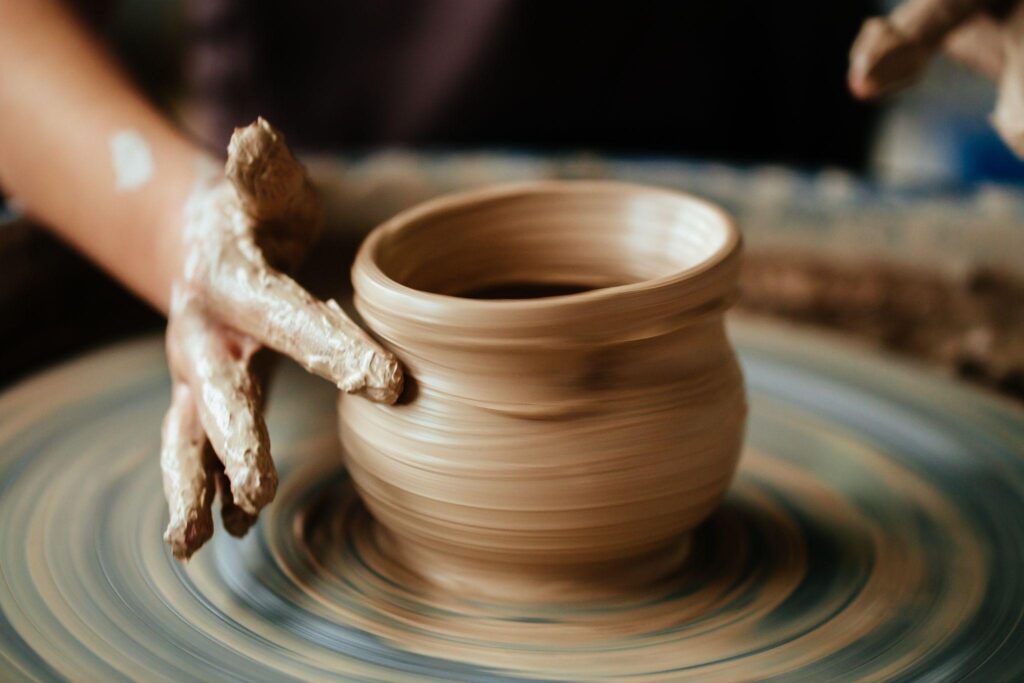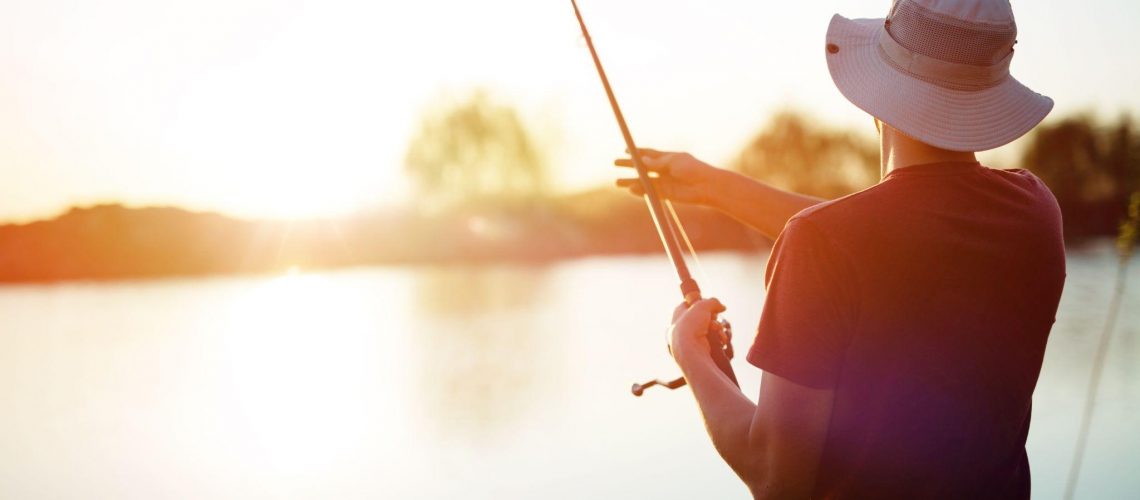Congratulations on your commitment to sobriety. As you adjust to this change, it’s important to find hobbies that can fill your time with meaningful activity. These aren’t just ways to occupy your free time—they’re valuable tools that can help you stay focused on maintaining sobriety. Let’s take a look at how you can find and adopt hobbies that support your new lifestyle.
What Role Do Hobbies Play in Your Sobriety?
Think of hobbies as the foundational supports that keep you firmly on the path to a fulfilling, sober life. By providing structure through routines and a sense of pride in your achievements, hobbies become your partners in preventing relapse and avoiding triggers.
When you immerse yourself in activities that bring you happiness, you also unlock new positive experiences and coping strategies that strengthen your dedication to staying sober.
Start By Identifying Your Interests
Finding the right sober hobby starts with figuring out what interests you. Think about activities you’ve been curious about or old hobbies you’ve lost touch with. It’s worth experimenting with different things, even if they’re new or a bit intimidating. You might be surprised to find enjoyment in hobbies you hadn’t considered before.
Types of Sober Hobbies to Consider

Exploring sober hobbies is a practical step towards building a healthy routine. Below are some categories and examples to help you find activities that fit your interests and support your sobriety journey.
Physical Activities
Physical hobbies are not only beneficial for your health but also a fun way to enhance your mood and well-being. Here are some dynamic options to get you moving and connected with others:
- Running or jogging in local parks or trails
- Joining a community sports league, such as soccer or basketball
- Signing up for dance classes, from salsa to hip-hop
- Trying out rock climbing at an indoor gym
- Taking part in group fitness classes, like spinning or Zumba
Creative Pursuits
If you’re looking to tap into your creative side, these hobbies can offer an outlet for self-expression and emotional release. Check out these artistic avenues:
- Painting or drawing in various mediums
- Crafting, such as knitting, crocheting, or jewelry-making
- Writing, whether it’s poetry, short stories, or journaling
- Playing a musical instrument
- Photography, exploring nature or urban settings
Learning and Education
Lifelong learning can keep your brain engaged and give you a sense of progress. Consider these educational hobbies to expand your knowledge and skill set:
- Taking cooking classes to explore different cuisines
- Enrolling in online courses for personal development or professional skills
- Learning a new language through apps or community classes
- Participating in book clubs or reading groups
- Attending DIY workshops at local community centers or hardware stores
Volunteering and Community Service
Community service is not only a meaningful way to connect with others and give back but also a fulfilling experience that leaves you feeling good. Here are some ways to volunteer your time and make a difference:
- Helping out at local food banks or soup kitchens
- Becoming a mentor or tutor for young students
- Working with animal rescue organizations
- Participating in community clean-up days
- Assisting at health fairs or community events
Nature and Environment
For those who find peace in the great outdoors, these activities can help you reconnect with nature and find tranquility. Explore these environmentally themed hobbies:
- Gardening or starting a community garden project
- Birdwatching or wildlife photography in natural reserves
- Hiking or trail walking in local or national parks
- Kayaking or canoeing on nearby lakes and rivers
- Joining a local environmental conservation group
Overcoming Hurdles in Finding New Hobbies

As you dive into new hobbies, you might encounter a few obstacles. Worries about your skills or how much starting a new recovery hobby might cost can be intimidating. But remember, the most critical aspect is that you find a hobby that brings you joy and fulfillment, one that upholds your commitment to sobriety and steers clear of any old triggers or temptations.
Sober hobbies should be:
- Beginner-Friendly: Start with hobbies that welcome beginners, which can help alleviate any concerns about your abilities and provide a comfortable learning curve.
- Cost-Effective: Look for hobbies that don’t require a significant financial investment. Many communities offer free classes, and there are plenty of resources available online.
- Fun and Fulfilling: Choose activities that make you happy, reduce stress, and contribute positively to your new sober lifestyle.
- Safe: Steer clear of any hobbies that might be linked to past substance use or take you into environments where you might face unnecessary temptation.
- Peaceful: Remember that the true value of a hobby lies in the personal satisfaction and calm it can bring into your life, not how much it costs or how popular it is.
Starting with small steps is a strategic way to build your confidence and find what truly brings you enjoyment in your sobriety. Whether through free community offerings, online forums, or hobbies that you can do at home, the commitment to exploring and engaging in sober hobbies is a key component of your recovery journey.
Embark on Your Sober Journey Today
Embracing your sobriety journey means enriching your life with hobbies that bring you balance and joy, whether it’s through the adrenaline of physical exertion or the tranquility of creative expression.
Del Arroyo Recovery Center is dedicated to supporting this transformative phase with our comprehensive inpatient addiction treatment. Our approach goes beyond treating addiction—we focus on teaching you the essential life skills needed for a smooth transition into a rewarding sober lifestyle. Begin your guided sober journey and contact one of our admissions specialists today.

